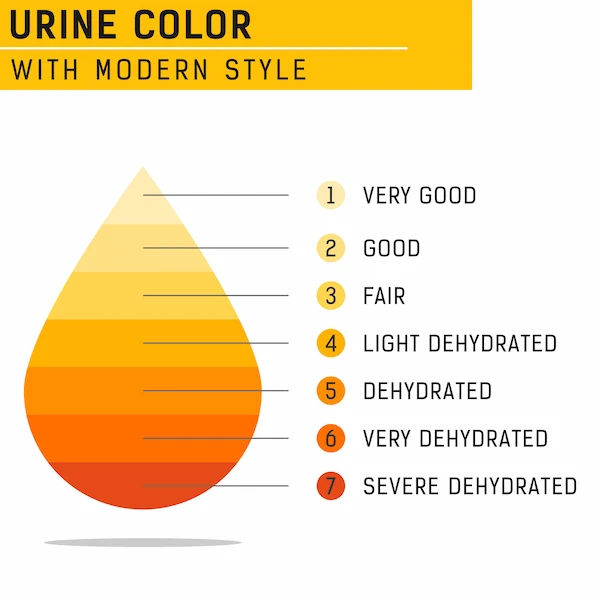Haemophilus Influenzae Overview and Management
Learn about Haemophilus influenzae, its types, symptoms, and how it spreads. Understand available treatment options, prevention strategies, and the importance of timely medical management.

Written by Dr. Siri Nallapu
Reviewed by Dr. Shaik Abdul Kalam MD (Physician)
Last updated on 13th Jan, 2026

If you or a loved one has been diagnosed with a Haemophilus influenzae infection or you’re simply curious about this condition, you’ve come to the right place. This guide will help you understand what Haemophilus influenzae is, its symptoms, causes, and how to manage it effectively.
What is Haemophilus Influenzae?
Haemophilus influenzae (often called H. influenzae) is a type of bacteria that can cause various infections, especially in children and people with weakened immune systems. Despite its name, it is not the same as the flu (influenza), which is caused by a virus.
There are two main types:
1. Non-typeable H. influenzae: Causes ear infections, bronchitis, and pneumonia.
2. Type b (Hib): A more severe strain that can lead to meningitis, bloodstream infections, and other serious illnesses.
Thanks to vaccines, Hib infections have become rare, but non-typeable strains still cause infections, particularly in young children and older adults.
How Does It Spread?
H. influenzae spreads through respiratory droplets when an infected person coughs or sneezes. Close contact with an infected individual increases the risk of transmission.
Common Symptoms to Watch For
Symptoms depend on the type of infection:
1. Mild Infections (Ear, Sinus, or Throat Infections)
Ear pain (otitis media)
Sinus congestion
Sore throat
Fever
2. Serious Infections (Meningitis, Pneumonia, Bloodstream Infections)
High fever
Severe headache
Stiff neck (meningitis)
Difficulty breathing (pneumonia)
Fatigue and confusion
Seek emergency medical help if you or your child experience severe symptoms like high fever, difficulty breathing, or extreme lethargy.
Consult Top Specialists
Who Is at Risk?
Some people are more likely to get infected, including:
Infants and young children (especially those not vaccinated against Hib)
Elderly adults
People with weakened immune systems (due to conditions like HIV, cancer, or long-term steroid use)
Those with chronic lung diseases (COPD, asthma)
How Is It Diagnosed?
Doctors may perform:
Blood tests: To detect bacteria in the bloodstream.
Spinal tap (lumbar puncture): If meningitis is suspected.
Chest X-ray: For pneumonia.
Throat or ear swab: For mild infections.
Treatment Options
Most H. influenzae infections require antibiotics. The type and duration depend on the severity:
Oral antibiotics: For mild infections (ear or sinus infections).
IV antibiotics: For severe cases like meningitis or bloodstream infections.
Important: Always complete the full course of antibiotics, even if you feel better, to prevent antibiotic resistance.
Prevention Tips
The best way to prevent Hib infections is through vaccination. The Hib vaccine is part of routine childhood immunisations and is highly effective.
Other Preventive Measures:
Practice good hygiene: Wash hands frequently, especially before eating.
Avoid close contact with sick individuals.
Boost immunity: Eat a balanced diet, exercise, and get enough sleep.
Stay up-to-date on vaccinations: Adults with certain health conditions may need booster shots.
When to See a Doctor?
Consult a healthcare provider if:
You or your child has a high fever with severe symptoms.
Symptoms worsen despite home care.
There’s difficulty breathing or extreme drowsiness.
If you suspect an H. influenzae infection, book a consultation with a doctor on Apollo 24|7 for expert advice and timely treatment.
Conclusion
While Haemophilus influenzae can cause serious infections, awareness, vaccination, and prompt treatment can help manage it effectively. If you have concerns about symptoms or prevention, don’t hesitate to reach out to a healthcare professional.
Need medical advice? Schedule a consultation or lab test today on Apollo 24|7.
Consult Top Specialists
Consult Top Specialists

Dr. Rajib Ghose
General Physician/ Internal Medicine Specialist
25 Years • MBBS
East Midnapore
VIVEKANANDA SEBA SADAN, East Midnapore

Dr P Jagadeesha Chandra
General Physician/ Internal Medicine Specialist
37 Years • MBBS, MD
Bengaluru
Apollo Hospitals Jayanagar, Bengaluru

Dr. Nirmal Mathew Alex
General Physician/ Internal Medicine Specialist
17 Years • MBBS, MD(general medicine)
Angamaly
Apollo Hospitals Karukutty, Angamaly
(50+ Patients)

Dr. Aakash Garg
Gastroenterology/gi Medicine Specialist
12 Years • MBBS, DNB (Medicine), DrNB (Gastroentrology).
Bilaspur
Apollo Hospitals Seepat Road, Bilaspur
(150+ Patients)

Dr. Kumudha Ravi Munirathnam
General Physician/ Internal Medicine Specialist
18 Years • MBBS, DNB (Int Med.), PGD (Diabetology), MNAMS
Chennai
Apollo Speciality Hospitals OMR, Chennai
(200+ Patients)




